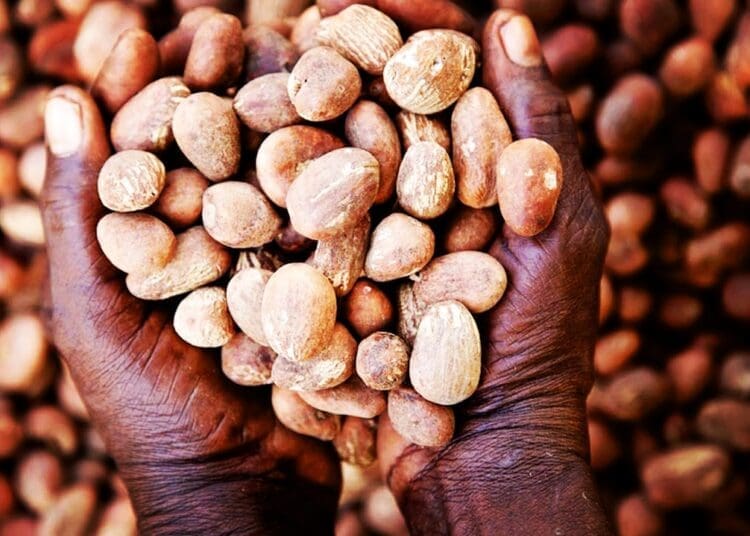The growing natural hair movement in South Africa is creating new opportunities for collaboration across Africa’s beauty and agricultural sectors.
This is particularly between South African hair care brands and Ghana’s shea industry.
There has been a notable shift in the South African beauty industry in recent years, with more consumers embracing natural hair textures. It has driven a rising demand for high-quality, natural ingredients suited to kinky and coily hair types.
Ghanaian shea butter, celebrated for its purity and traditional production methods, has emerged as a popular choice among South African brands.
One such brand is Native Child, a black-owned South African company. It caters for consumers seeking moisture-rich, natural solutions.
Ghana’s shea butter is renowned for its rich composition, including vitamins A, E and F, which nourish and protect hair. It is handcrafted by women in the north of the that country, using traditional methods that preserve its natural qualities.
The movement has been further encouraged by public figures such as Zozibini Tunzi, who wore her natural hair proudly when crowned Miss Universe in 2019, and Pearl Thusi, who launched her hair care line, AfroBotanics, to celebrate afro-textured hair.
These celebrities have helped shift beauty standards by embracing their natural curls and coils.
While the demand for natural hair care products continues to rise, challenges remain in the shea industry, particularly for those operating in Ghana. These include limited access to finance, lack of certifications for export markets and fragmented access to buyers.
To address these barriers, Shea Network Ghana (SNG) is working to create a more inclusive and organised shea sector.
SNG coordinator James Kpenyog Dakora told Vutivi News efforts were aimed at ensuring equitable benefits for all stakeholders, particularly women.
“Shea Network Ghana is an organisation of shea sector businesses, service providers, researchers and value chain actors such as collectors, processors, buyers, transporters, aggregators and brands formed in 2010 by stakeholders with support from Ghana Cocobod to organise and coordinate the value chain,” Dakora said.
SNG has 408 registered member organisations and of these, 235 operate processing centres across northern Ghana. It works with over 58,000 individual women collectors and processors.
Although there are currently no collaborations between SNG and South Africa in the natural hair care space, the organisation believes there is strong potential for partnerships.
“These collaborations could be in the area of agroforestry to boost production of shea, provision of modern equipment for shea harvesting and processing, integrating shea-based products into the natural hair care market, geographical certification, leveraging expertise and network to enhance product offerings and reach wider audiences,” Dakora said.
Collaborations between South African brands and Ghanaian producers would also boost job creation and support rural economies where shea was harvested and processed.
For South African consumers, such partnerships would mean greater access to ethically sourced, high-quality natural products that align with the growing demand for conscious beauty solutions.
Dakora said the network played a pivotal role in empowering women in rural communities, who were integral to the shea value chain.
Key activities in the value chain included entrepreneurship training, provision of business equipment, financial literacy workshops, trade fairs and networking, and shea farm management training.
Market researchers forecast that the global shea butter market will reach R45 billion by 2030, driven by the increasing consumer preference for plant-based ingredients in cosmetics and personal care products.






















































